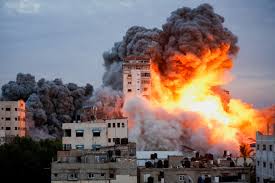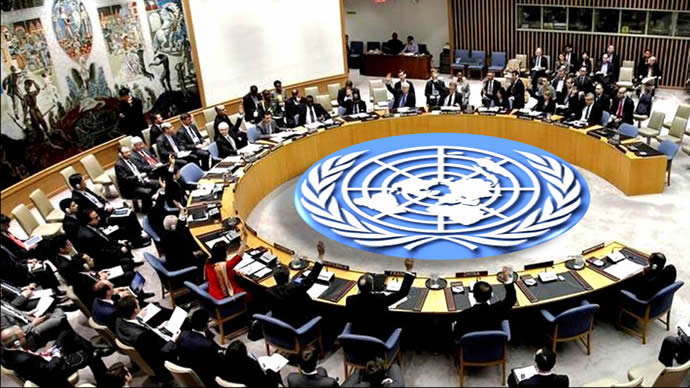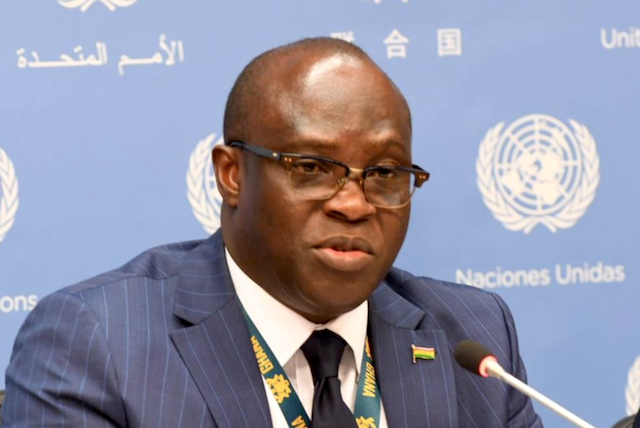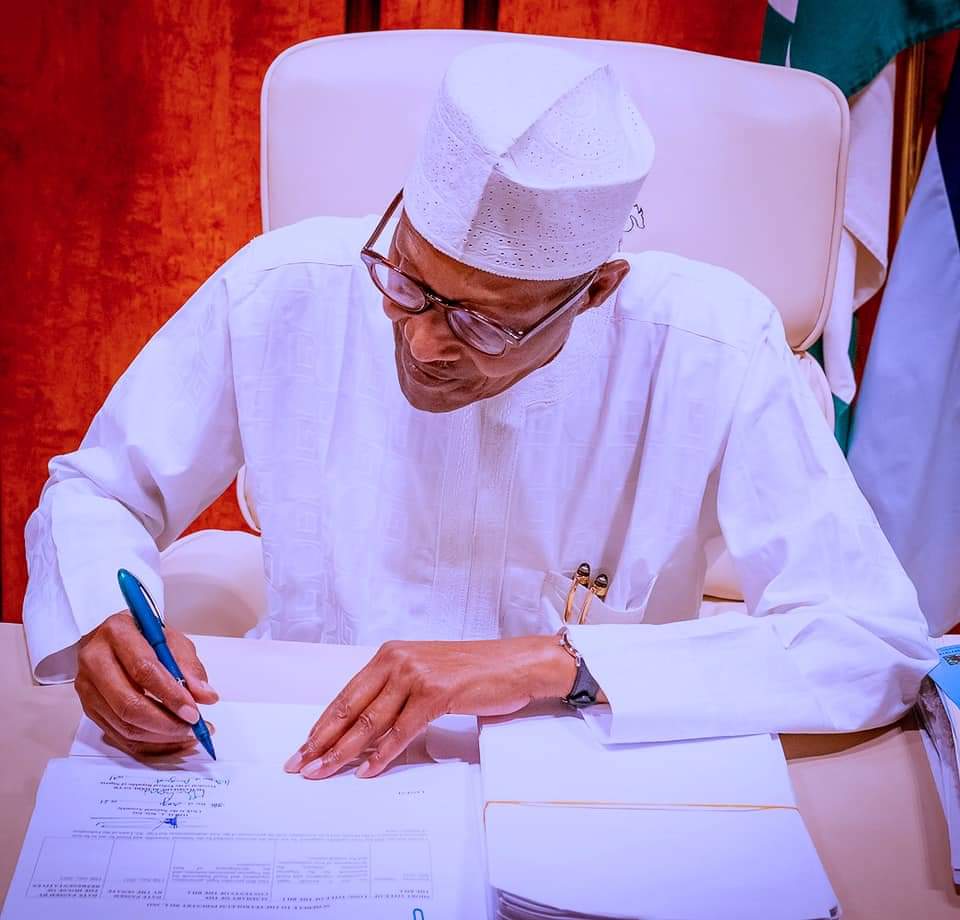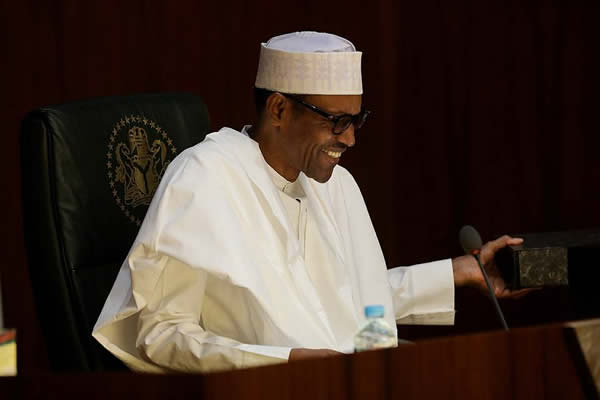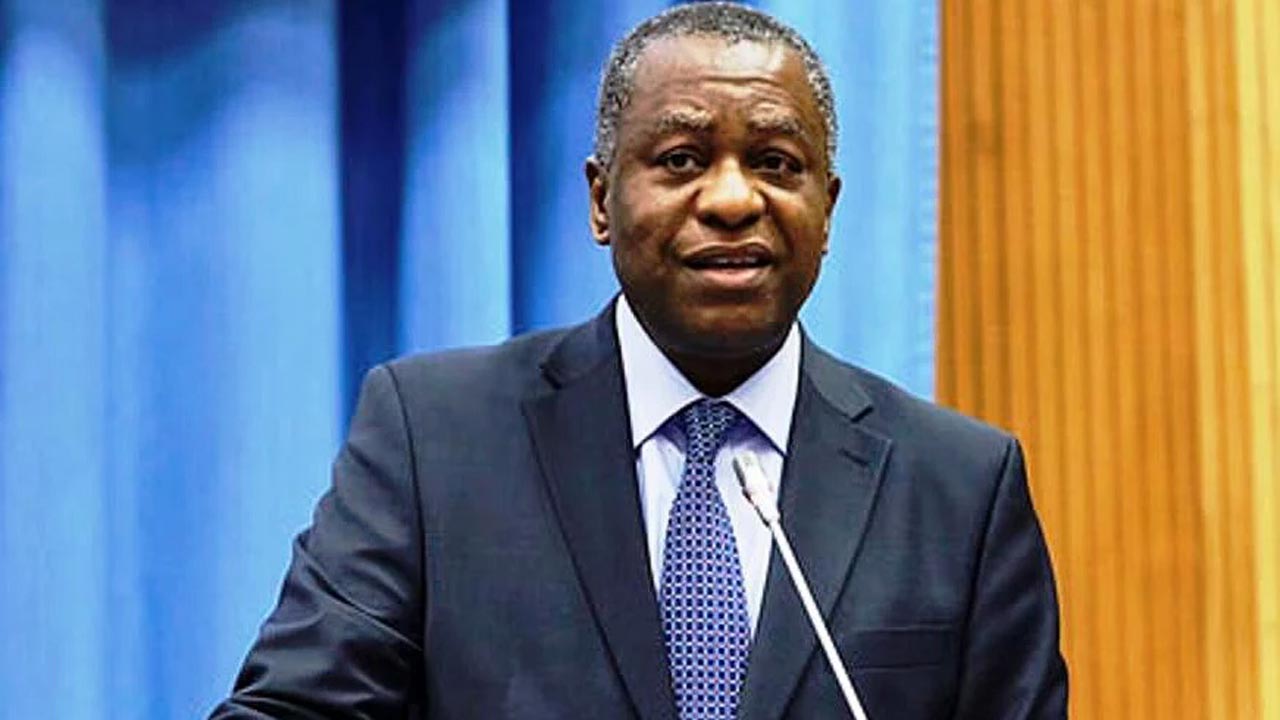UNITED Nations Secretary General, Antonio Guterres, as usual, told us what we already know. On Wednesday, September 25, 2024, he announced that: “Hell is breaking loose in Lebanon”. But, sadly, he is behind the news because hell is not breaking, it has already broken loose in the Palestine, especially in the Gaza Strip, and has merely expanded its occupation into Lebanon.
Guterres should know this because 220 UN staff in Gaza along with 174 of my colleagues in the journalism profession, have already been despatched from the hell that is Gaza.
Then he made a Freudian slip. As part of his suggestion to stop the war, he declared that the Lebanese state “must have full control of its weapons” throughout the country. He added: “We support all efforts to strengthen the Lebanese Armed Forces.”
What the UN chief is saying is that Hezbollah, the Lebanese party Israel claims it is fighting, should be disarmed. So, in whose interest will this be? In that of the Lebanese people who are being subjected to the type of genocide going on in the Palestine, or Israel which, without Hezbollah, would annex Lebanon as it did to East Jerusalem, or occupy it as it is occupying the Palestine and the Syrian Golan Heights?
This is not a theoretical conception as it has occurred twice. Israel had in 1982 invaded Lebanon in the name of cross-border pursuit of Palestinian fighters. This, in 1985, became a full-blown war in which it seized many parts of Lebanon, including its capital, Beirut. Although Israel later withdrew, but for 15 years, it continued to occupy parts of Lebanon which it called its “security zone”. It was forced to leave on May 24, 2000.
Then, six years later, it again invaded Lebanon, this time from July 12, 2006 to August 14, 2006. However, it could not continue its occupation due to the armed resistance of Hezbollah which had come to replace the collapsed Lebanese military. In other words, but for Hezbollah, Lebanon would have been another Gaza or West Bank under Israeli occupation with settlers from Europe building illegal settlements.
Gueterres is supposed to be a peace maker. But the mind-set of a peace maker should be to work for an immediate ceasefire, not advocate the disarming of one side of the conflict.
The Gueterres position of disarming Hezbollah does not tally with that of Lebanon which sees the Israeli attacks as a blatant violation of its sovereignty and human rights.
Mohammad Najib Azmi Mikati, President of Lebanon’s Council of Ministers, said Lebanon is the “victim of an electronic cyber aggression and of an air and maritime aggression that can turn into a ground aggression and can become an all-out regional war”.
US President Joe Biden, French President Emmanuel Macron along with Japan, Qatar, Saudi Arabia and the United Arab Emirates issued a joint statement saying: “We call for an immediate 21-day ceasefire across the Lebanon-Israel border to provide space for diplomacy towards the conclusion of a diplomatic settlement.”
It seems to me a matter of common sense that since the Israeli War in Palestine is linked with that in Lebanon, a ceasefire on all fronts is what is required. The question is: what happened to the UN Security Council, UNSC, June 2024 ceasefire resolution on the war in Gaza? Fourteen of the 15-Member UNSC had passed that resolution which the USA guaranteed Israel would obey, but the latter said the USA was talking nonsense.
So, the issue is not a ceasefire; the fact is that Israel operates outside international laws, resolutions and conventions because it has the solid backing of the USA. It gets away with whatever actions it carries out, including genocide. All attempts over the decades to make Israel obey international court rulings and UN resolutions have been foiled by the USA. The latter has used its Veto in the UN 85 times, 47 of them were to shield Israel from international resolutions, charges of crimes against humanity and genocide.
Coincidentally, the renewed war in Lebanon is coming when the world is discussing the expansion of the UNSC to accommodate more permanent members. The USA, claiming to love Africa, is campaigning that two of those seats should go the continent because as its Ambassador to the UN, Linda Thomas-Greenfield, said: “It’s what our African partners seek, and it’s what we believe is just.” But, trust the American establishment, there is a caveat: provided the new members would not have the Veto! It is like saying a person should be allowed to own a cannon provided he will not have balls. The magnanimous USA would tolerate Africans at the UNSC Permanent Security court provided they are eunuchs: castrated men.
The Veto power derives from Article 27 of the UN Charter which provides that: “Each member of the Security Council shall have one vote; Decisions of the Security Council on procedural matters shall be made by an affirmative vote of nine members (and) Decisions of the Security Council on all other matters shall be made by an affirmative vote of nine members, including the concurring votes of the permanent members…”
In other words, the power of the UN permanent members is principally based on their power to veto any issue in the organisation. To have the veto is to have the power to override any decision of the UN even if backed by the 192 other member countries.
Incredibly, some are debating whether this should be accepted or not since half bread is better than none; supposing the half-bread is poisoned?
The Veto in practice is used as a personal weapon by the permanent members which include three European countries: France, United Kingdom and Russia; one Asian, China and, one North American, USA. Shut out of this exclusive club are regions like Africa, the Caribbean and Pacific, the Middle East and Latin America.
The Veto, itself, is a violation of Article 2 of the UN Charter which states that: “The Organisation is based on the principle of the sovereign equality of all its Members.”
The most fundamental reform that can be carried out in the UN is to scrap the Veto power. The UNSC should, of course, continue its primary responsibility of maintaining international peace and security, provided it is democratised with no permanent seats.
The proposed reforms of the UN system are part of the “Pact for the Future” resolution passed on Sunday, September 22, 2024. The five planks of the Pact are international peace and security; sustainable development; youth and future generations; science and technology; and transforming global governance.
For the Pact to truly impact on humanity, the UN must be reformed and reoriented based on equality for all and social justice.



